(June 21, 2024) Brushing shoulders with some of the biggest names in the world of cinema at the French Riviera last month, Mysuru-based filmmaker Chidananda S Naik found himself in a state of deep gratitude and awe at the 77th Cannes Film Festival where his short film, Sunflowers Were the First Ones to Know won him the La Cinef Award. “My heart is filled with gratitude. This win is not just mine; it belongs to everyone who was a part of this project and every Indian who backed us, especially from Karnataka, as we proudly represented India on this global stage,” he tells Global Indian.
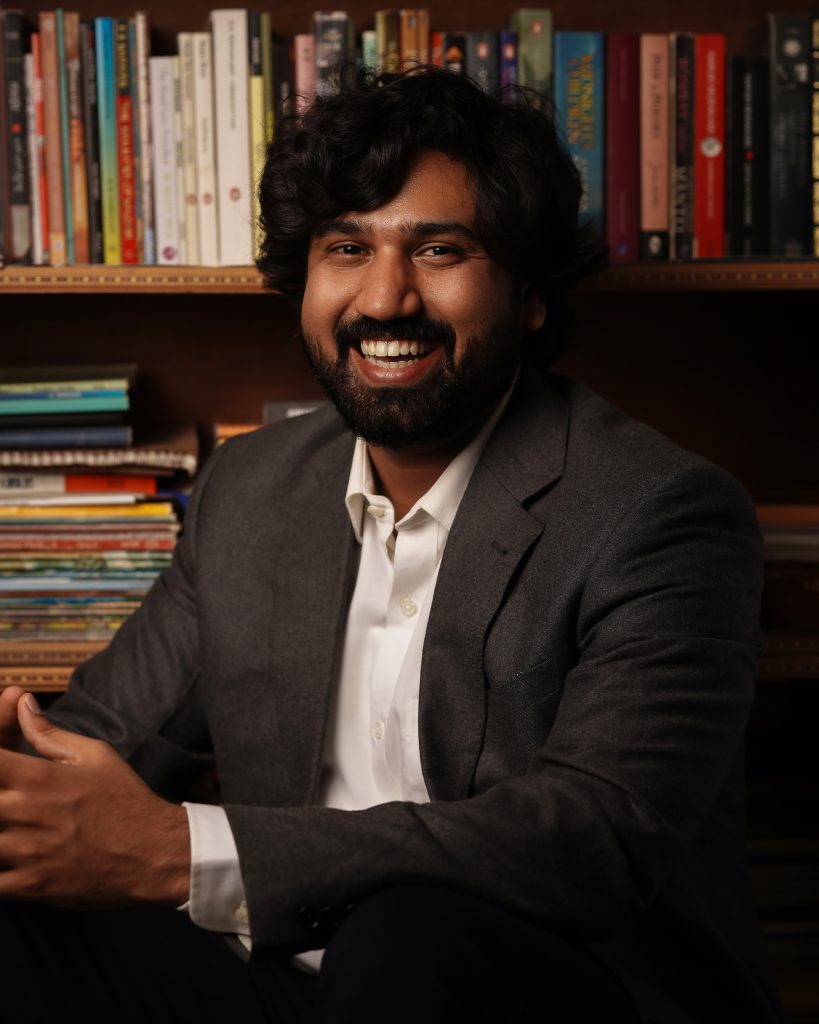
Chidananda Naik
Cannes 2024 proved to be a landmark year for Indian cinema at the prestigious film festival with several participants scripting history, including the 29-year-old filmmaker. It is for the first time that a film made by a student from the first year Television course at FTII, Pune has won an award at the Cannes Film Festival. Humbled by the win, Chidananda says, “I genuinely feel that this is just the beginning. Our success at Cannes has opened new doors and inspired us to continue creating films that resonate globally.”
Making India proud
Growing up, Chidananda had never imagined himself on a stage as big as the Cannes Film Festival, making his debut feel surreal and an experience he calls incredible. “It was such a huge honour to represent India.” As a member of the contingent that made India proud at Cannes 2024, the filmmaker is thrilled to have witnessed the historic triumphs of Indians at the film festival, a period he calls his “most memorable moment.” “I saw history being written in front of me and what a year for India! It started with Mansi Maheshwari, her anime film Bunnyhood won third prize at La Cinef, followed by Anasuya Sengupta, who became the first Indian to win the Un Certain Regard Best Actress award, and then Payal Kapadia, whose film All We Imagine won Palme d’Or,” he smiles.
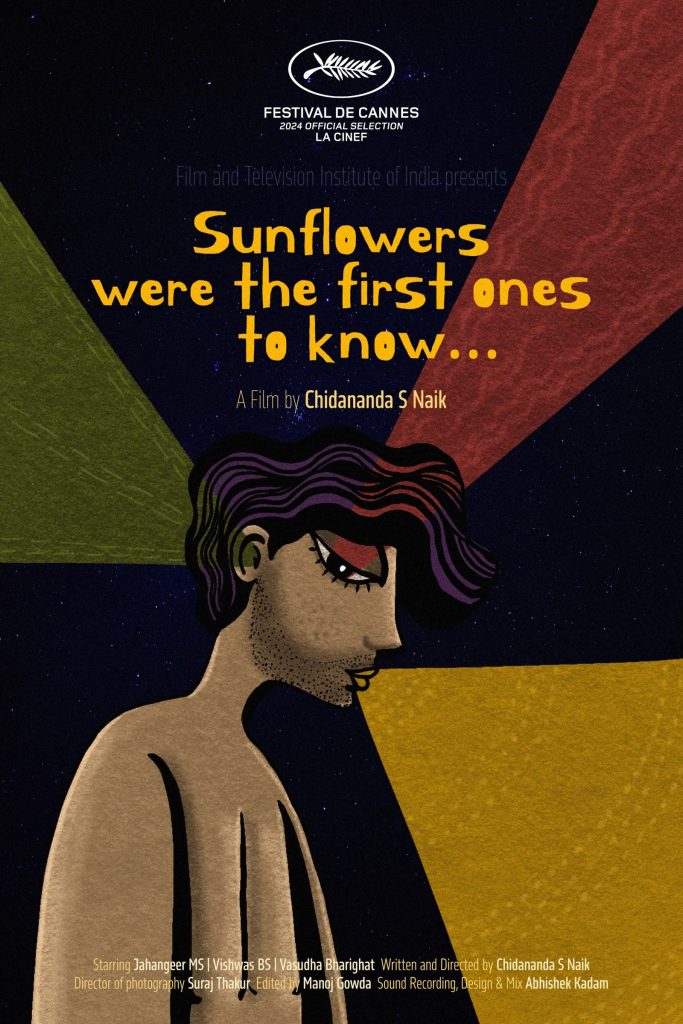
For an emerging talent like him, film festivals play a crucial role, offering a platform to showcase their talent to a global audience and industry professionals. “La Cinef, formerly known as Cinefondation Selection, are particularly important because they are specifically created mainly to inspire and support the next generation of international filmmakers,” says Chidananda, whose short Kannada film was among the 18 entries selected from film school students worldwide.
Bringing a popular folklore to the forefront
Taking a leaf out of a popular Kannada folklore Ajjiya Jamba, the 16-minute short film tells the story of a village plunged into darkness by an elderly woman who steals a rooster. This act triggers chaos as the villagers frantically search for the missing rooster, believing it is essential to restore daylight. To bring the rooster back, a prophecy is invoked, resulting in the exile of the old woman’s family.
Chidananda cherished the folklore since childhood, but during his time at FTII, he discovered that it was only well-known in Karnataka and remained a mystery to people outside the state. “My editor, Manoj V, and I have always wanted to make a Kannada film, and the possibility of bringing the story world we imagined to life was really fascinating to us,” adds the filmmaker, who had only four days to shoot the film that was a part of his coursework at FTII. However, he remained focussed on taking the best shots and reflects that the filming process taught him to be “meditative in the chaos.”
Shot entirely under the cloak of night, the film uses darkness to weave a tale of mystery and suspense, pulling the viewers in the villagers’ desperate struggle, thus making night itself a vital character. “It was extremely difficult to shoot with all the limited resources and rules. We were super exhausted but really satisfied with the shots we achieved,” says the filmmaker, who found his crew in his batchmates. “Suraj served as the Director of Photography, Manoj was the editor, and Abhishek handled location sound and mixing,” reveals Chidananda, noting that other artists joined them to assist during the filming.
Doctor-turned-filmmaker
It’s hard to believe that the award-winning filmmaker once aspired to be a doctor. Born in Shivamogga to Prof Shekar Naik, Head of Department of Food Sciences and Nutrition at Yuvaraja College and Vinoda Bai, Chidananda was “never interested in cinema nor thought about it much.” His passion initially lay in medicine, leading him to enroll at Mysore Medical College and Research Institute for his MMBS. Ironically, it was medicine that initially drew him towards art. “From the first year, we delved into anatomy through dissection, understanding the human body in great detail. Yet, I often pondered about emotions and feelings, which are also essential aspects of being human,” says Chidananda, who found his expression in filmmaking, and joined FTII, Pune after completing his MBBS.
View this post on Instagram
“We are all born first and then we decide how to spend the rest of the days before turning into ashes. There is no blueprint to life that dictates what we should do. I just decided to be happy and do things that make me and people around me happy. It’s more about coming to terms with myself and finding my expression of life. These thoughts led me to resonate deeply with art and literature, ultimately guiding me towards filmmaking. It wasn’t that I was unhappy studying or practicing medicine, nor was I doing it solely for my parents. Instead, it was a realisation that my true passion lay elsewhere,” says Chidananda.
The road ahead
Pivoting to filmmaking turned out to the best decision for Chidananda, who met a bunch of talented people at FTII, thus helping him hone his craft and make impactful films. He reserves a special mention for Neeraj Voralia, a mentor whom he deeply admires. “He is a true blessing to students at FTII.”
View this post on Instagram
With La Cinef Award under his belt, the passionate filmmaker is now gearing towards making a mainstream film. “I will share updates in a proper way as the project progresses. I can’t reveal too much at this stage,” says the man who has brought Kannada film to the forefront at a global stage like Cannes with his film Sunflowers Were the First Ones to Know. “We are motivated more than ever to make films that tell compelling stories and connect with audiences worldwide. The journey ahead is exciting, and I believe we will see many more Kannada films gaining global acclaim in the future,” he signs off.
- Follow Chidananda Naik on Instagram


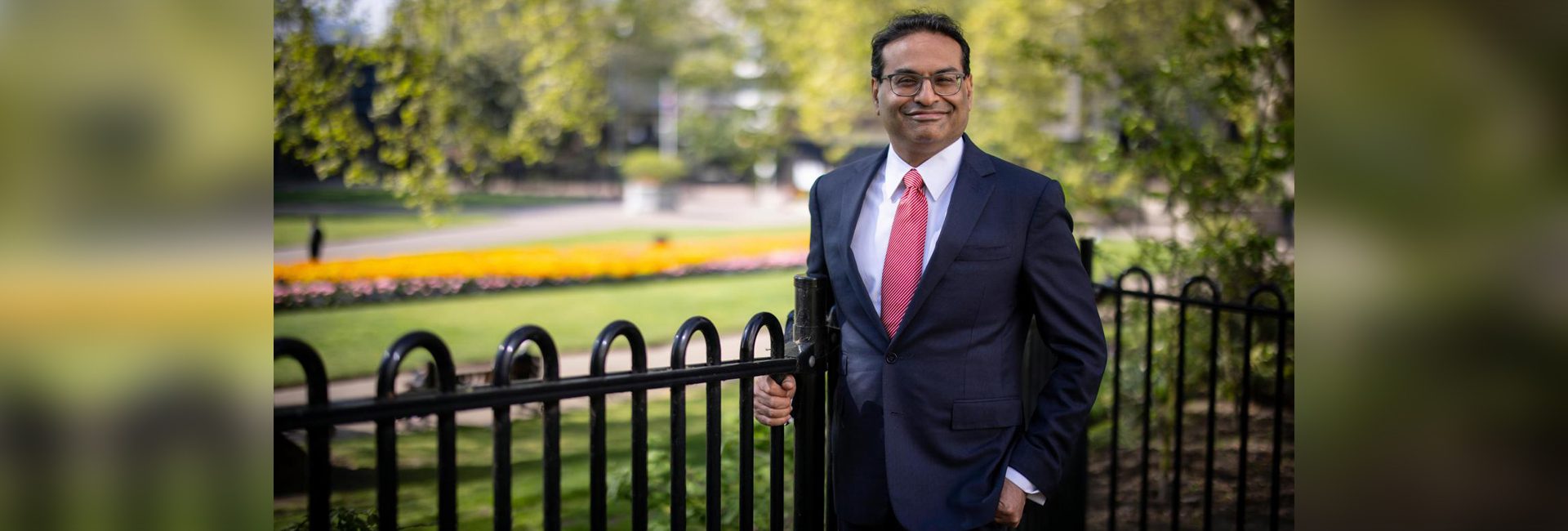
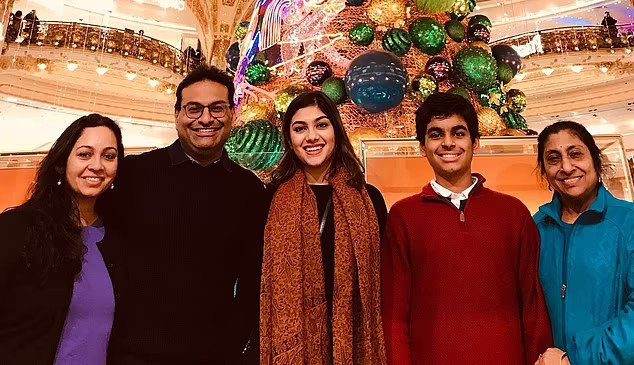 Narasimham with his family in Paris[/caption]
Narasimham with his family in Paris[/caption]
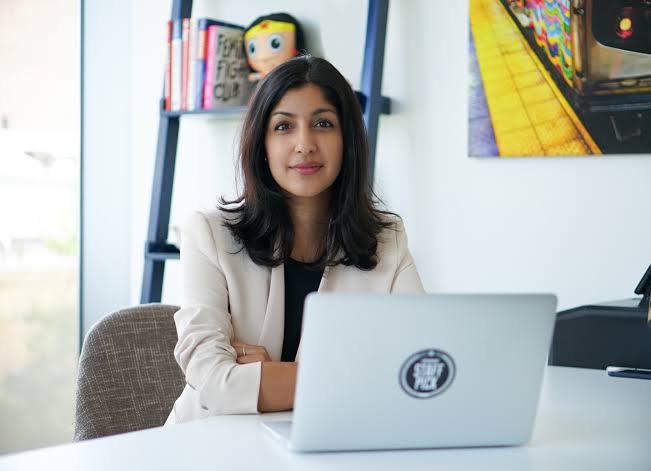
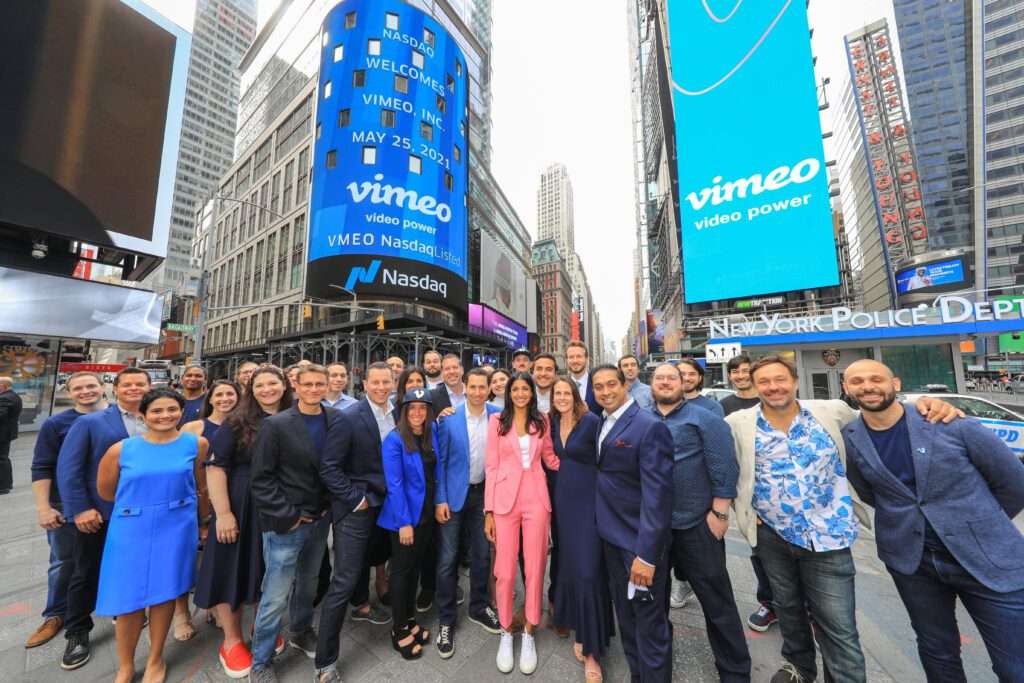

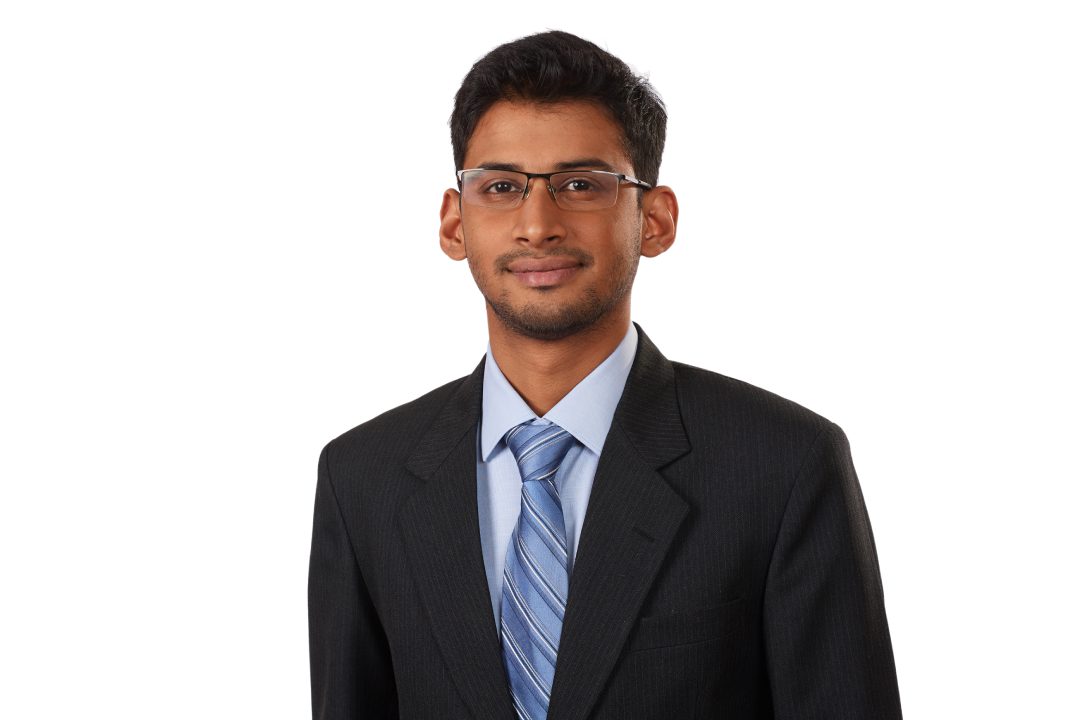 Vidyut Mohan is the founder of Takachar.[/caption]
Vidyut Mohan is the founder of Takachar.[/caption]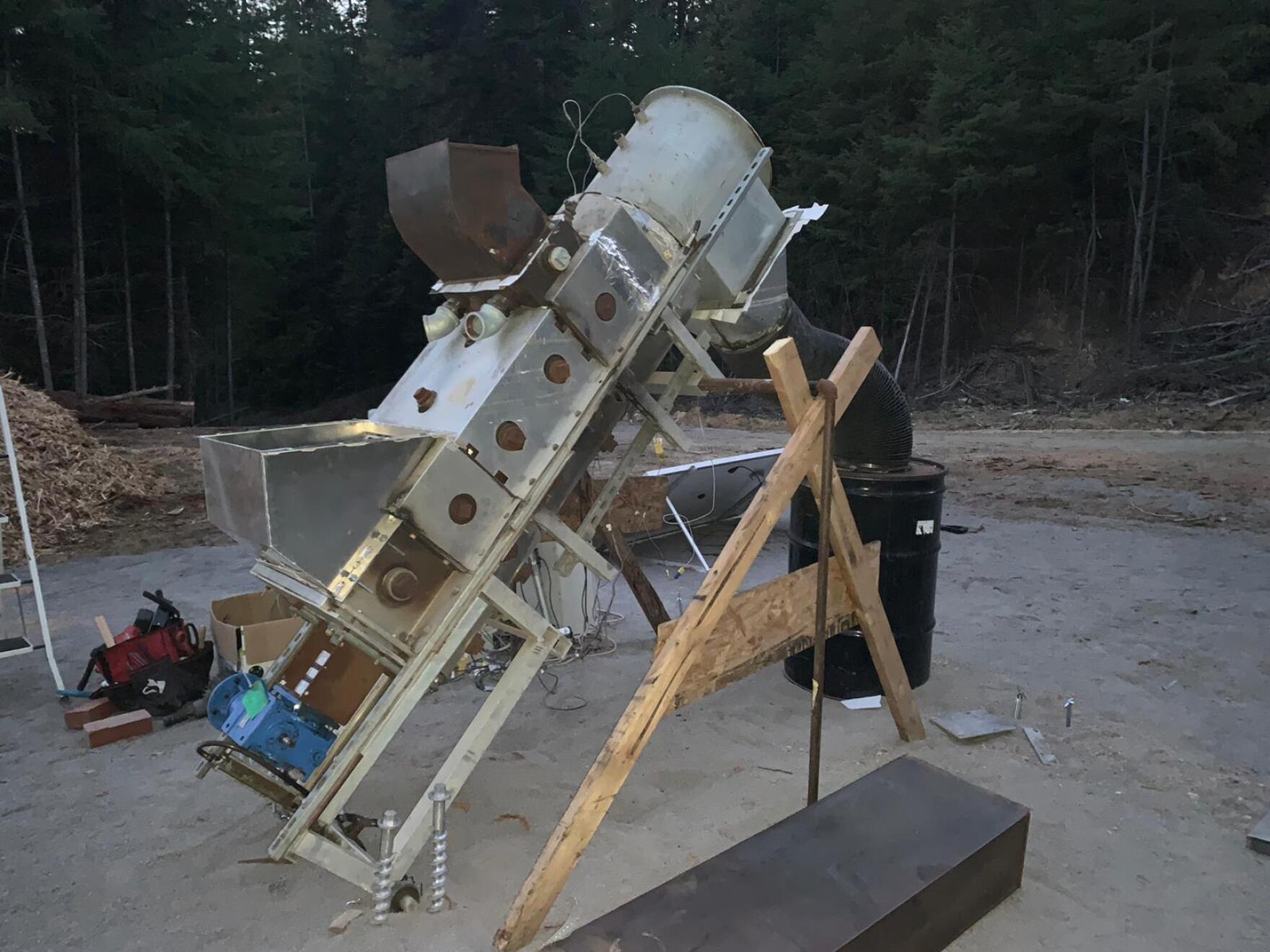 The machine developed by Takachar[/caption]
The machine developed by Takachar[/caption]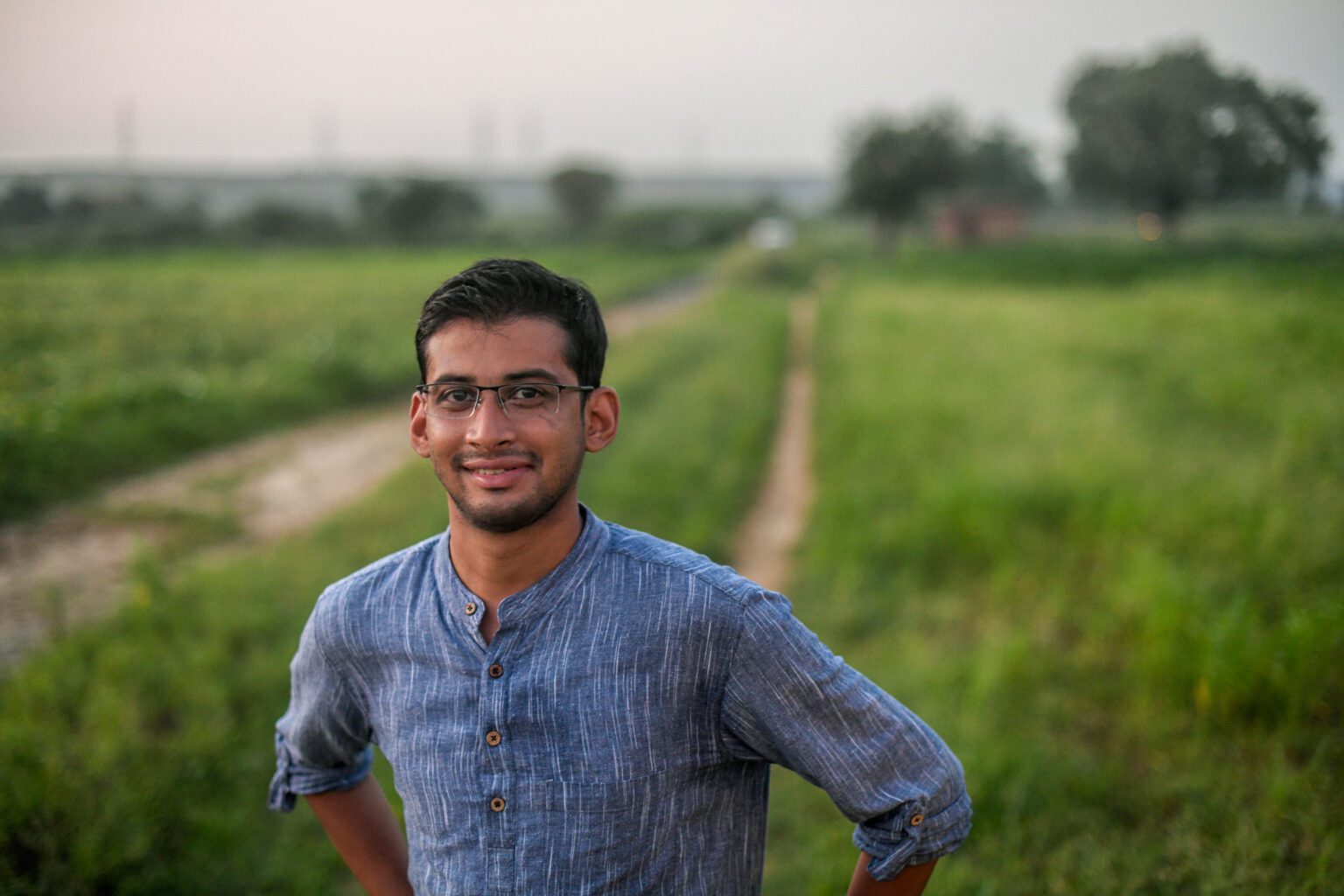
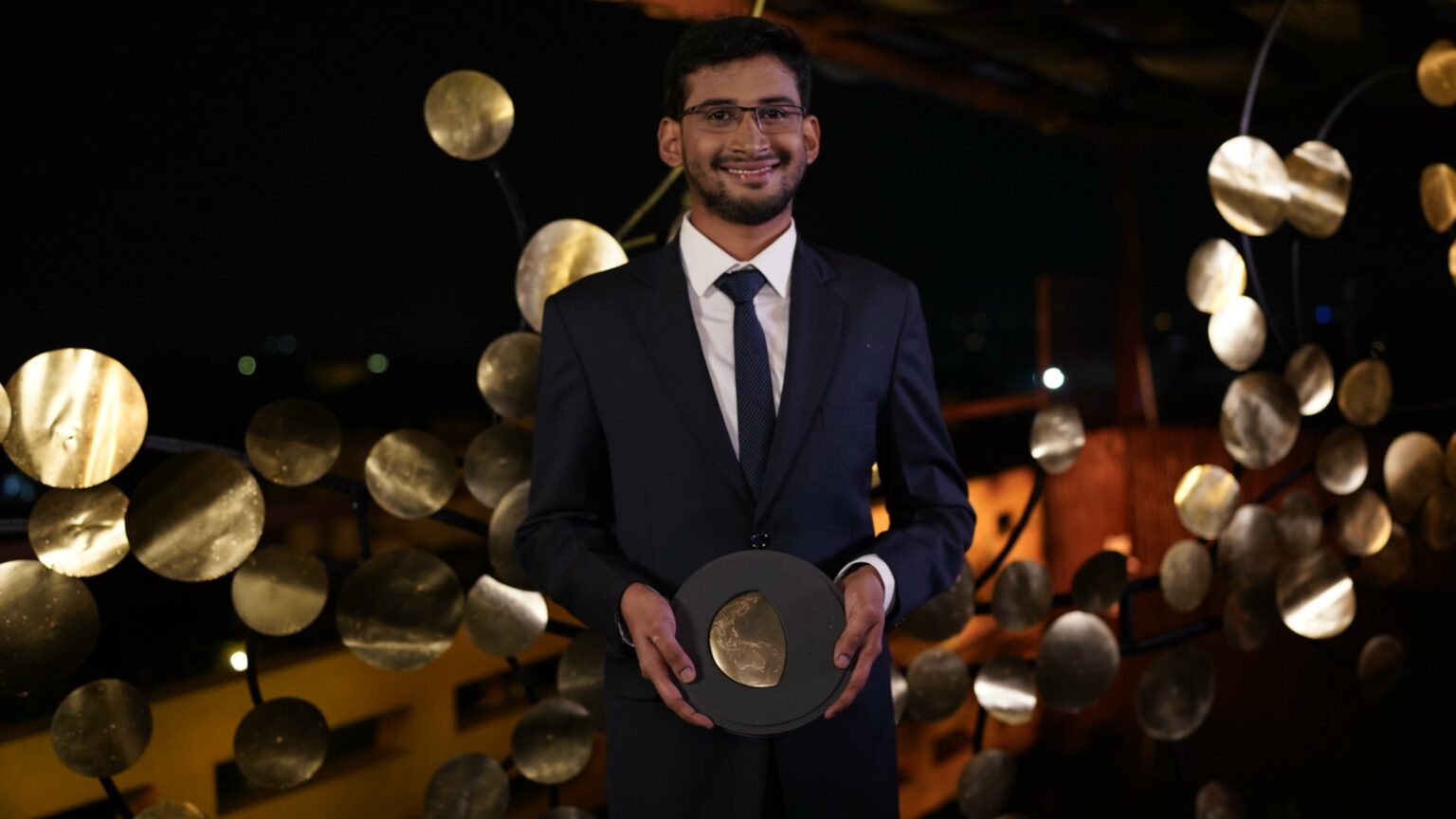 Vidyut Mohan's Takachar wins Earthshot Prize 2021.[/caption]
Vidyut Mohan's Takachar wins Earthshot Prize 2021.[/caption]
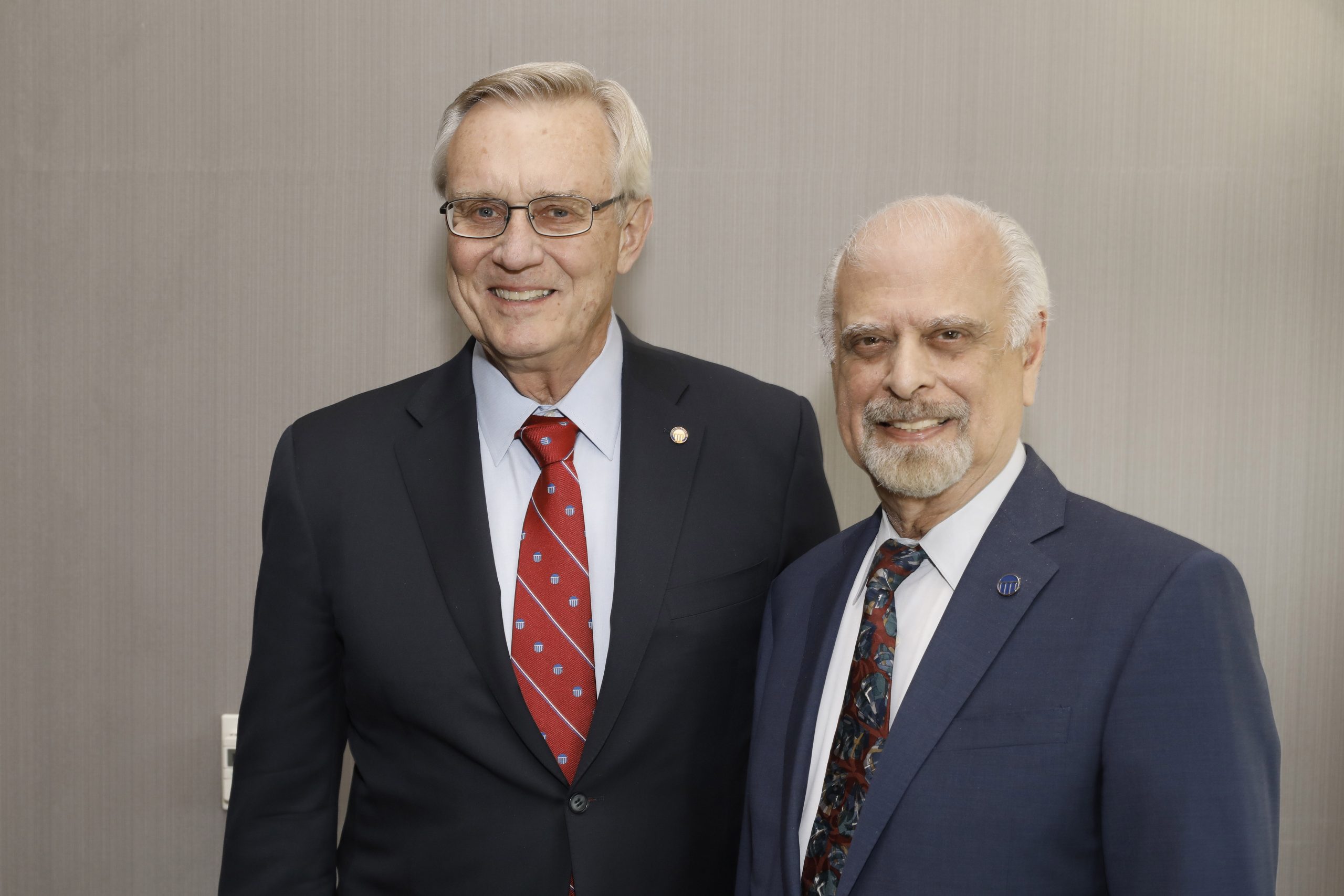 Dr. Madni with the President of the National Academy of Engineering[/caption]
Dr. Madni with the President of the National Academy of Engineering[/caption]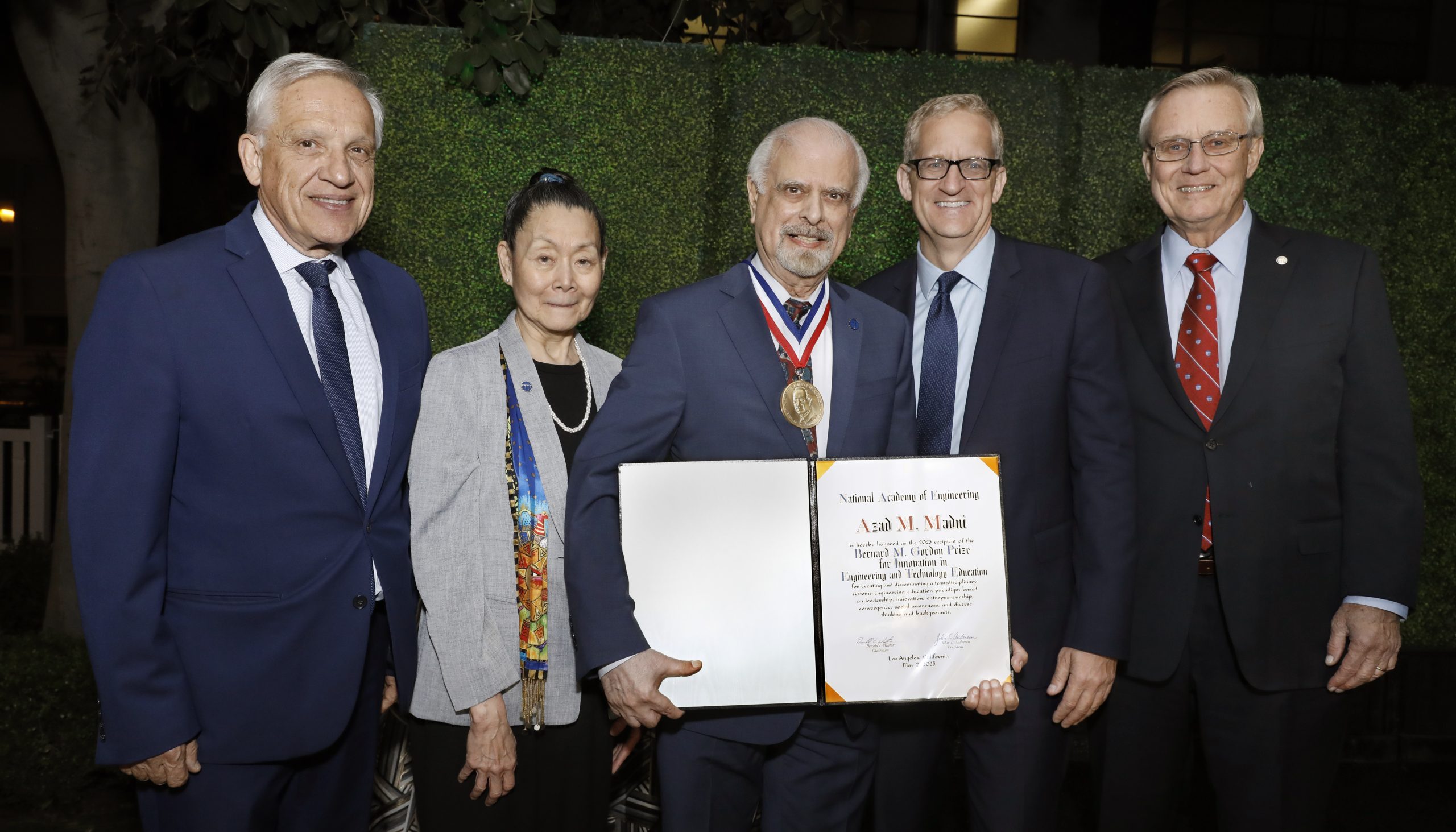 Dr. Madni accepting the prestigious Bernard M. Gordon Prize[/caption]
Dr. Madni accepting the prestigious Bernard M. Gordon Prize[/caption]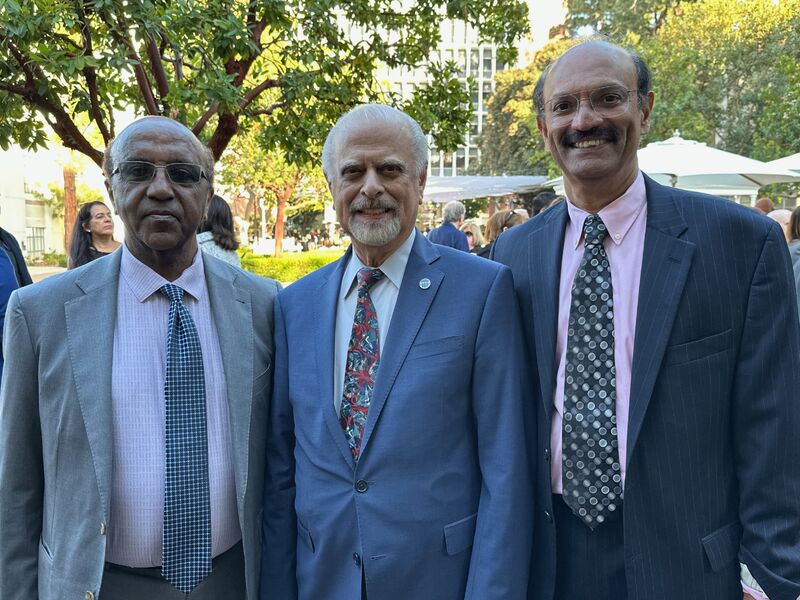 Dr. Madni with his colleagues, Dr. Ram Sriram and Dr. Dereje Agonafer at USC[/caption]
Dr. Madni with his colleagues, Dr. Ram Sriram and Dr. Dereje Agonafer at USC[/caption]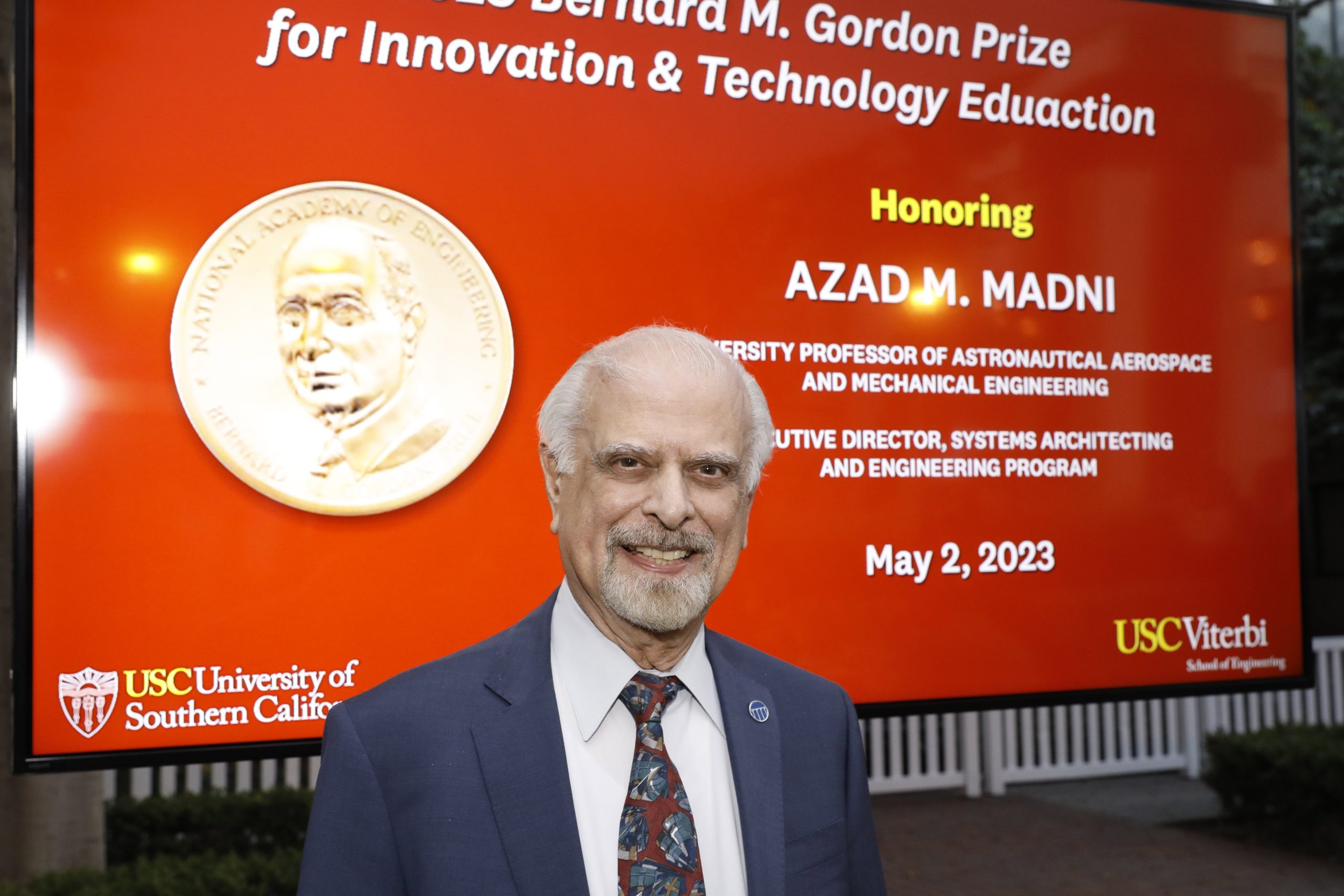

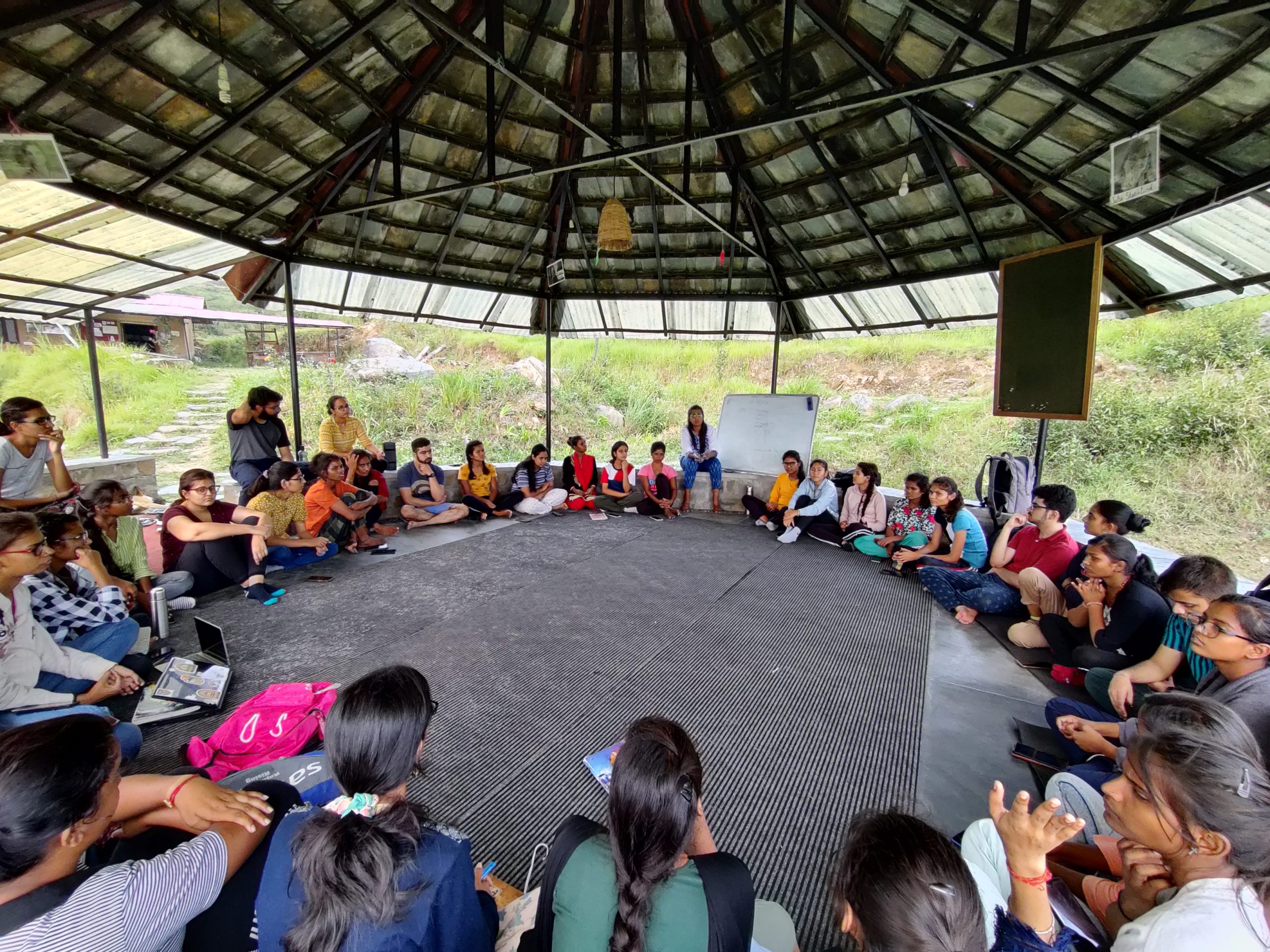 Sapnewalis at work[/caption]
Sapnewalis at work[/caption]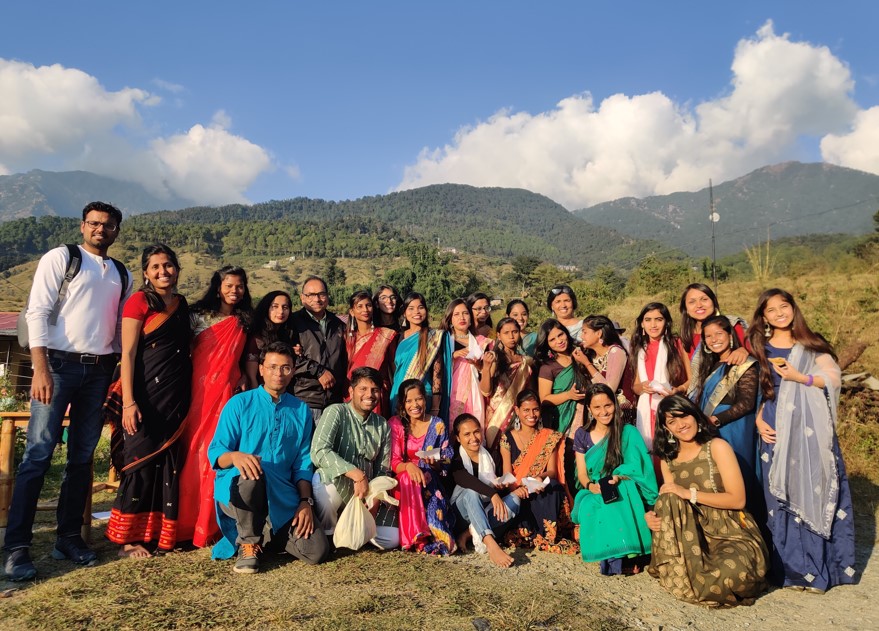 Sajhe Sapne team[/caption]
Sajhe Sapne team[/caption] Team of friends[/caption]
Team of friends[/caption]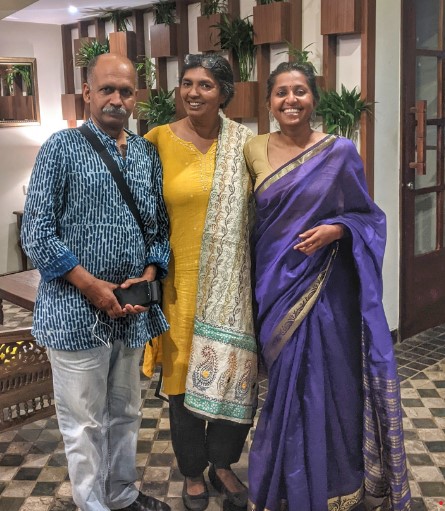 Surabhi with her mentors[/caption]
Surabhi with her mentors[/caption]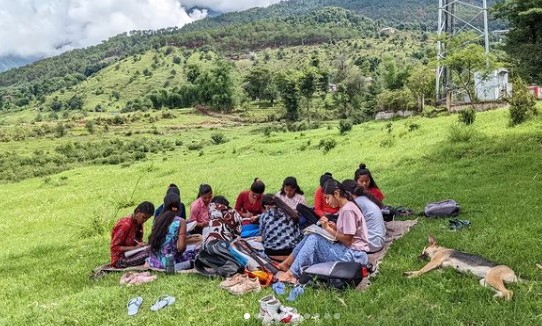 Sapnewalis at work[/caption]
Sapnewalis at work[/caption]